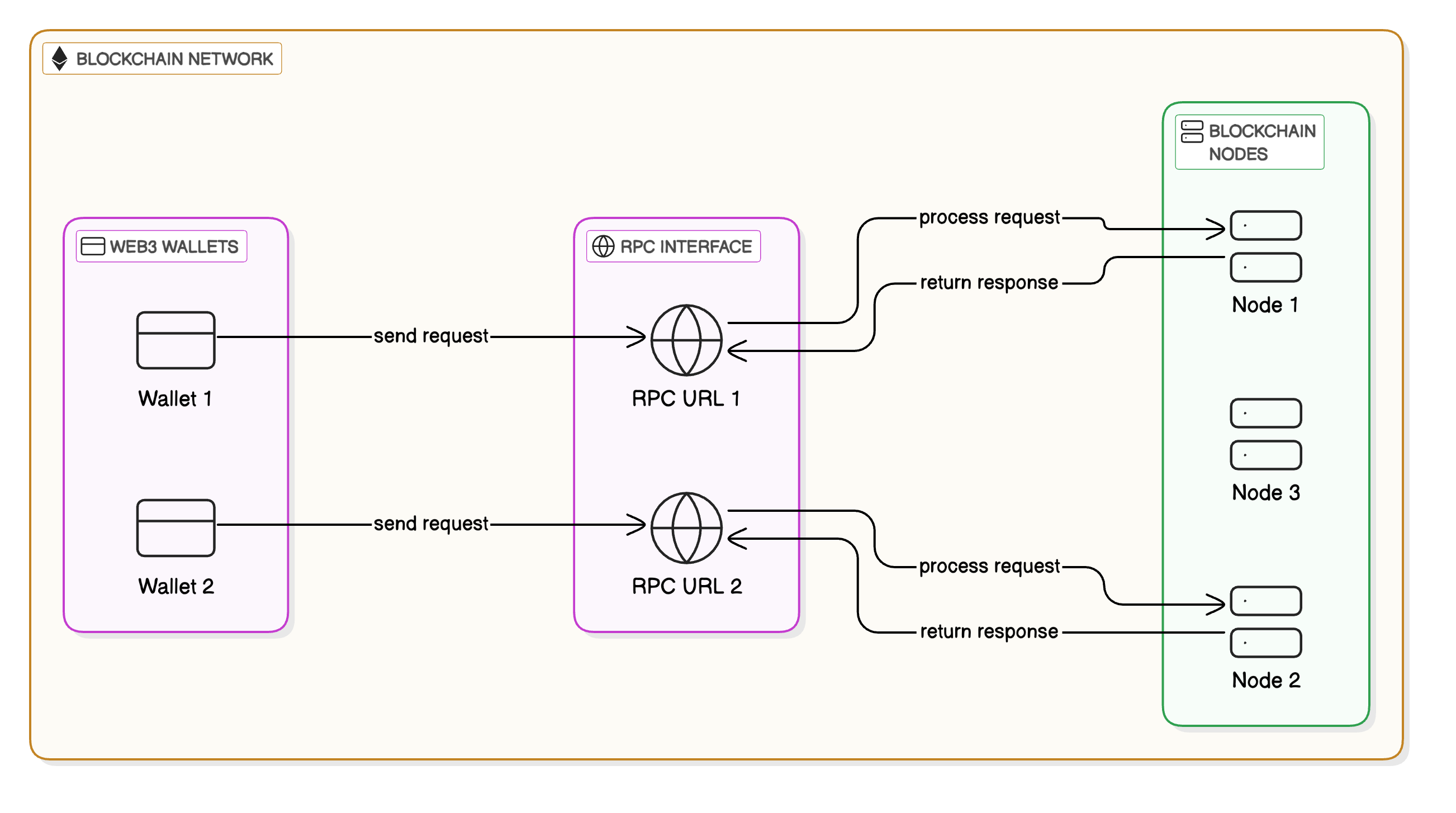Non-Fungible Tokens (NFTs) have revolutionized the way we think about digital ownership and asset representation on the blockchain. In this comprehensive guide, we'll explore what NFTs are, how they work, and dive deep into the ERC-721 standard that made them possible.
What is a NFT?
A Non-Fungible Token (NFT) is a unique digital token that represents ownership of a specific asset on the blockchain. Unlike cryptocurrencies such as Bitcoin or Ethereum (which are fungible), each NFT is unique and cannot be replaced with something else of equal value.



